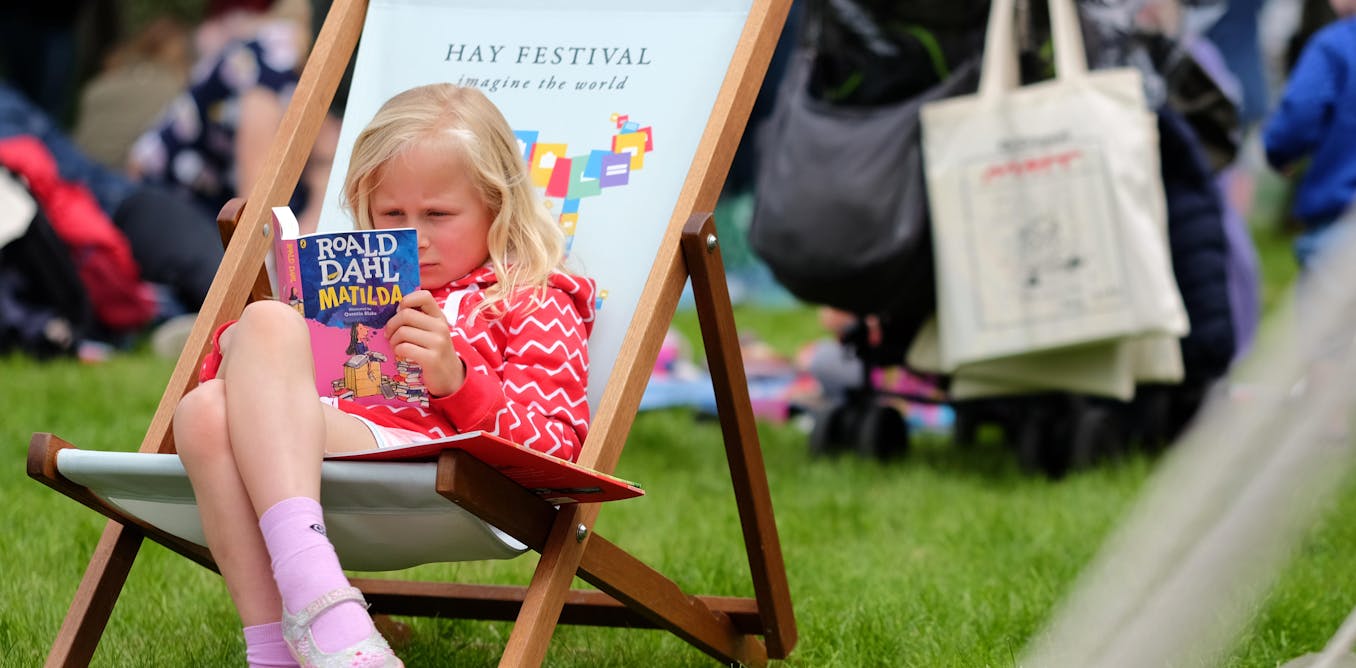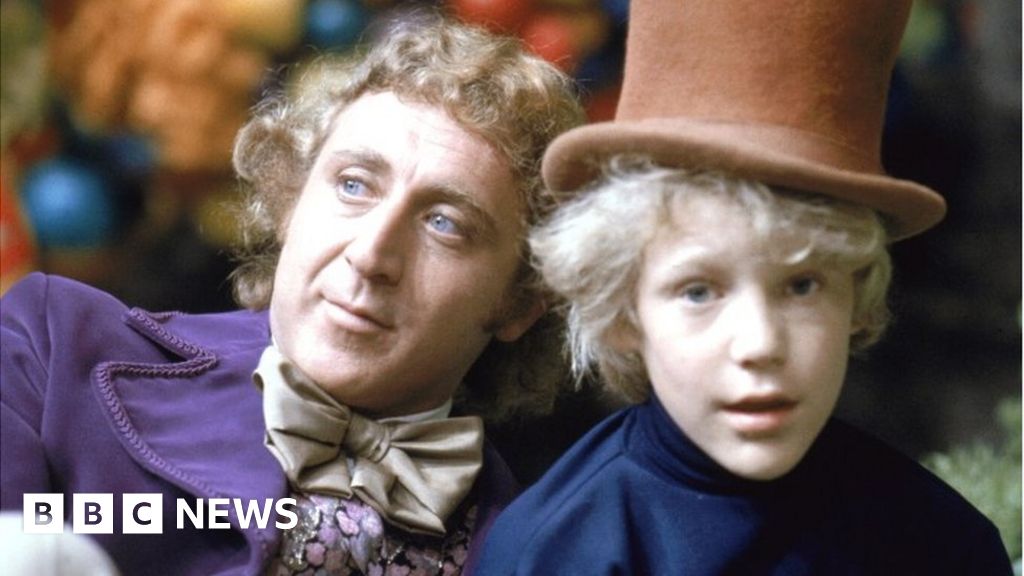I think people need to have a careful think about priorities, here.
Texts that are continuously in print, evolve. It's normal. It's a positive response to changing times with changing sensibilities. Changing "men" to "people" or changing the gender of male characters to female isn't censorship. Removing the word "fat" isn't censorship - it's modern retellings focussed on inclusion.
When did you last see an adaptation of Romeo and Juliet in which Juliet was 13? Did you grow up with Renard the Fox pissing in the wolf's children's eyes to blind them, then eating them, or did you read the modern version? What about all the Hans Christian Andersen stories featuring child rape, grandmother murder and so on? Did you read those to your kids, or the modern edits? Did you complain when you watched the Peter Jackson LOTR trilogy, because the female characters had more agency and a bigger role than in the books? There's a hell of a lot less brutality, rape and racism in the modern bible, as someone has pointed out.
When I was at school, it was normal for kids who were overweight, walked with a limp, had a squint or even wore glasses to get bullied purely because of their appearance and this was merely a reflection of popular culture. Fat characters in cartoons had limited intelligence and were clumsy. Ones with glasses were always brainy and never the hero. Bad guys often had buck teeth and other "ugly" features, plus black hair, of course. Girls in stories got scared and were comforted by boys. Or they were complete know-it-alls who weren't popular. Look on any social media platform at people getting irate in the comments section about any celebrity. The "boomers" and my generation (X) will slam the famous person for their appearance, dress sense or sexuality. The younger people will slam their politics or hypocricy. The texts people over 40 read as kids still influence their prejudices today. Sadly. Publishers can help make sure this stops.
If I were a parent, I'd rather read my kids a version of a classic children's book that doesn't contain hate and prejudice, and has the kind of balance of male and female characters that we encounter in the real world. If that means the publisher changing a few small details here and there to fit in with what modern parents want, fair play to them. Better than being stuck in the past.
Texts that are continuously in print, evolve. It's normal. It's a positive response to changing times with changing sensibilities. Changing "men" to "people" or changing the gender of male characters to female isn't censorship. Removing the word "fat" isn't censorship - it's modern retellings focussed on inclusion.
When did you last see an adaptation of Romeo and Juliet in which Juliet was 13? Did you grow up with Renard the Fox pissing in the wolf's children's eyes to blind them, then eating them, or did you read the modern version? What about all the Hans Christian Andersen stories featuring child rape, grandmother murder and so on? Did you read those to your kids, or the modern edits? Did you complain when you watched the Peter Jackson LOTR trilogy, because the female characters had more agency and a bigger role than in the books? There's a hell of a lot less brutality, rape and racism in the modern bible, as someone has pointed out.
When I was at school, it was normal for kids who were overweight, walked with a limp, had a squint or even wore glasses to get bullied purely because of their appearance and this was merely a reflection of popular culture. Fat characters in cartoons had limited intelligence and were clumsy. Ones with glasses were always brainy and never the hero. Bad guys often had buck teeth and other "ugly" features, plus black hair, of course. Girls in stories got scared and were comforted by boys. Or they were complete know-it-alls who weren't popular. Look on any social media platform at people getting irate in the comments section about any celebrity. The "boomers" and my generation (X) will slam the famous person for their appearance, dress sense or sexuality. The younger people will slam their politics or hypocricy. The texts people over 40 read as kids still influence their prejudices today. Sadly. Publishers can help make sure this stops.
If I were a parent, I'd rather read my kids a version of a classic children's book that doesn't contain hate and prejudice, and has the kind of balance of male and female characters that we encounter in the real world. If that means the publisher changing a few small details here and there to fit in with what modern parents want, fair play to them. Better than being stuck in the past.






